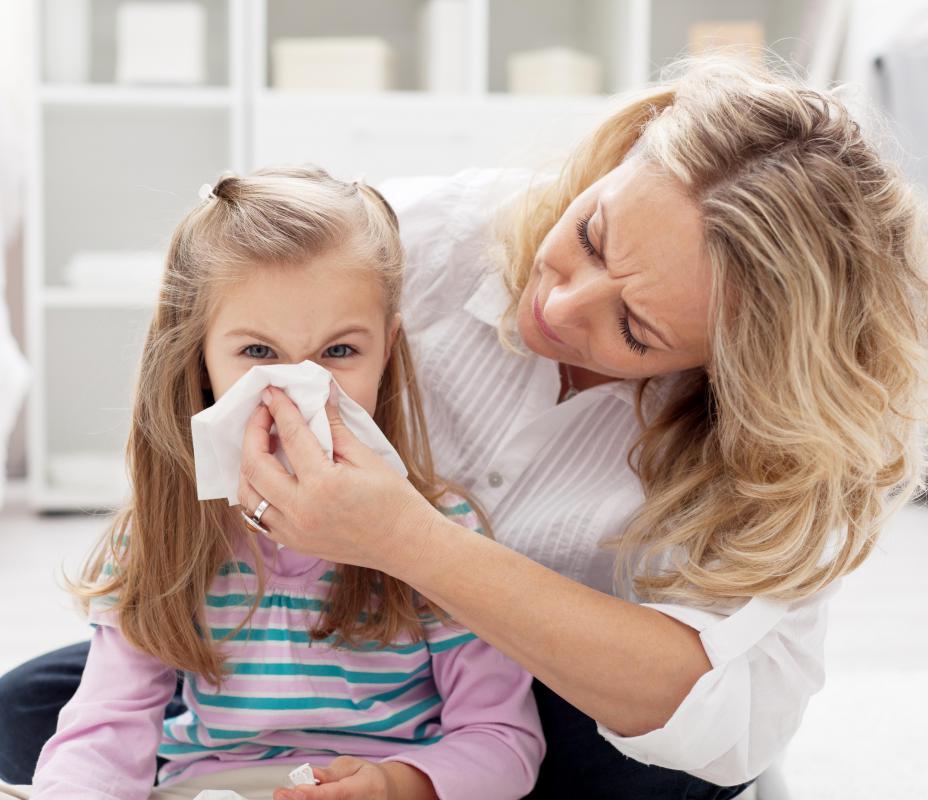At WiseGEEK, we're committed to delivering accurate, trustworthy information. Our expert-authored content is rigorously fact-checked and sourced from credible authorities. Discover how we uphold the highest standards in providing you with reliable knowledge.
What Factors Affect Hydroxyzine Dosage?
The recommended hydroxyzine dosage is determined by a few different factors, including the condition being treated, the patient’s response to the drug, and the patient’s age and weight. Children receive a smaller dose than adults do, and their doses can be determined in relation to their weight. Anxiety and tension can be managed with a 50 to 100 milligram (mg) dose four to six times per day. A 50 to 100 mg dose can also be given to sedate a patient. If the drug is being used to treat pruritus, three or four 25 mg doses per day is the recommended amount.
Hydroxyzine is classed as an antihistamine drug, which is usually used for the treatment of allergic reactions. The drug also has other properties, which means it can be used for sedation of patients for surgical procedures. The drug can be found in tablet, liquid, and capsule form. Hydroxyzine should not be taken in conjunction with diazepam, hydrocodone or codeine, because it can increase the existing sedative properties of these drugs.

For treating any anxiety associated with a psychoneurotic condition, the recommended hydroxyzine dosage is 50 to 100 mg for adults, up to four times per day. This dosage is reduced if given to children, and the amount by which it is reduced is largely dependent on the age of the child. Children under six years old should take 50 mg per day, divided into multiple doses. Any children over six years of age can have between 50 to 100 mg per day, divided into two to four separate doses. The effects of taking hydroxyzine over a prolonged period of time has not yet been studied properly, and patients should review their condition with a doctor frequently.

The recommended hydroxyzine dosage for pruritus is 25 mg per day, between three or four times per day. The dosage may be increased, but patients should only do this if advised to do so by a medical professional. The reason for increasing the dosage is generally because the original dosage isn’t having the desired effect.
It is also possible to use the drug for sedation prior to or after a surgical procedure. A 50 to 100 mg hydroxyzine dosage is sufficient for adults when used for sedation, and this must be reduced if the drug is being given to children. In children, the hydroxyzine dosage for sedation is 0.6 mg per kilogram in weight. Additional doses can be given if the drug is administered intramuscularly.
AS FEATURED ON:
AS FEATURED ON:














Discuss this Article
Post your comments